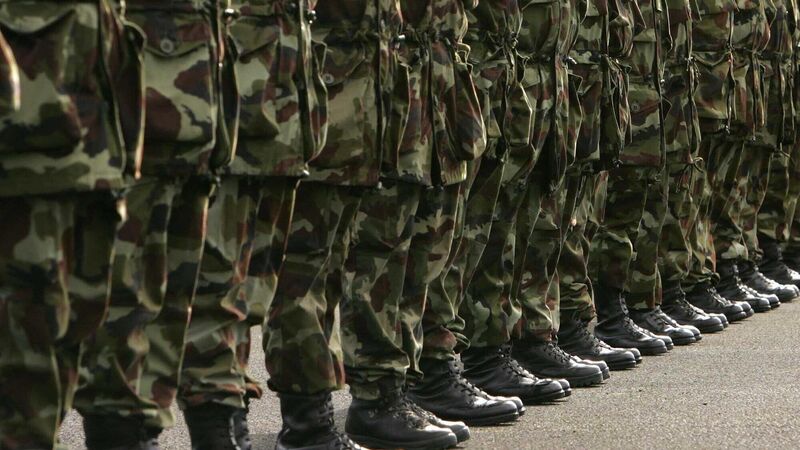Security watchdog 'must have access' to secret information

Under the bill, Defence Forces, gardaí, and other agencies, are legally protected in withholding any information if they believe it is necessary to safeguard international intelligence sources or protect the identity of a source.
There should not be any “no go” areas for the new watchdog for Irish security services, the British terrorism reviewer has said.
Senior barrister Jonathan Hall, the British independent reviewer of terrorism legislation, was commenting on the forthcoming establishment of the independent examiner on security.










